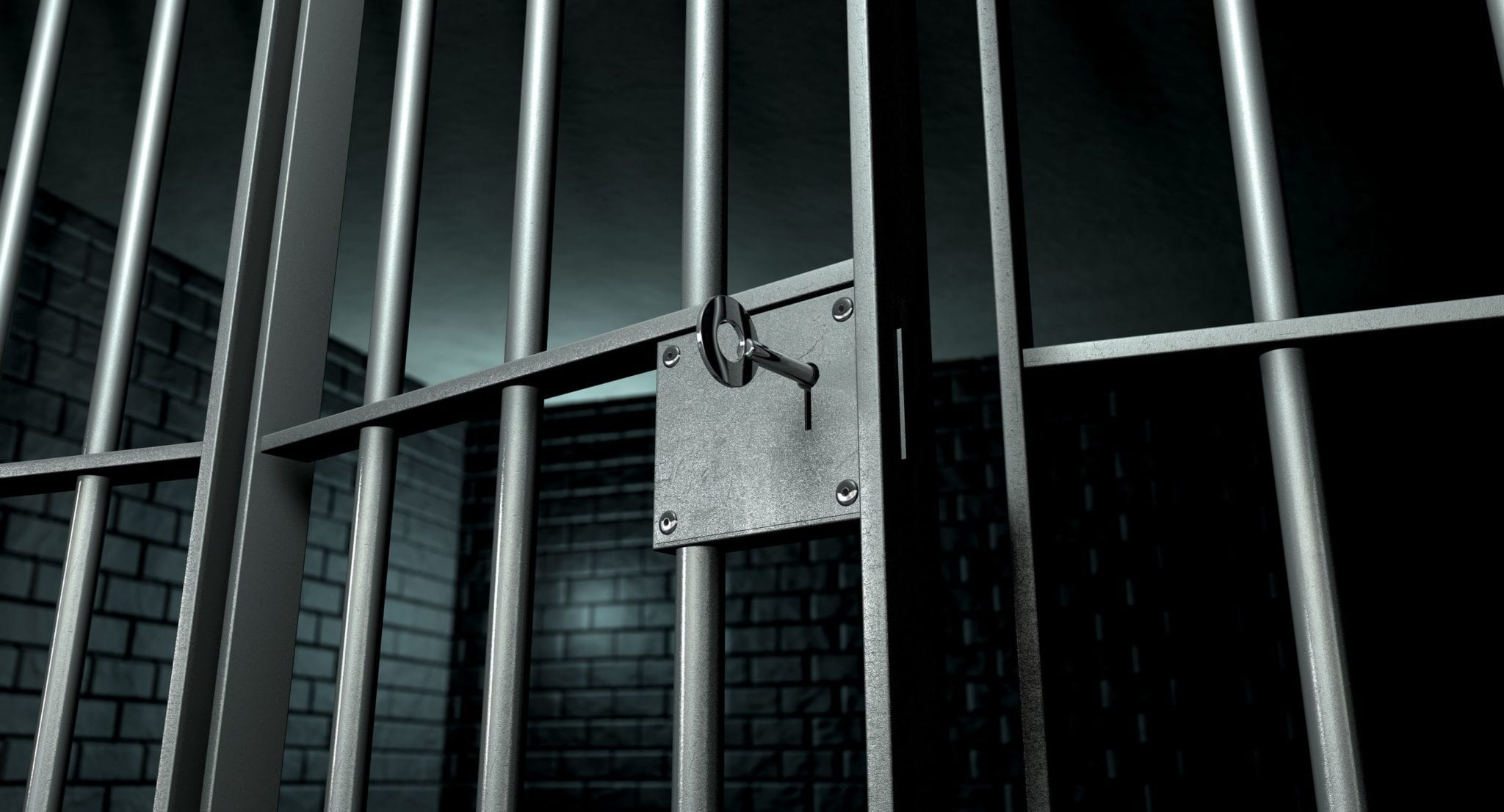About a decade before the “War on Drugs” really began sweeping the nation, Congress had already written into law a key piece of legislation which supported those efforts. Certain drug crimes – namely those associated with the crack cocaine epidemic – when committed near schools, were met with increased penalties at a federal level. Within a decade, a number of states adopted the same kinds of regulation.
Today, every state government maintains some law for harsher penalties against drug crimes near schools, and 31 of them have vastly extended their zones beyond schools. These statutes are known as “Drug-Free Zone” laws.
Why Did Congress Create Drug-Free Zones?
The basic premise for instating these statutes was to prevent drug trafficking near school children, and to affect harsher penalties for those committing trafficking crimes near school premises in order to deter the criminal activity. In short, congress wanted to protect our most vulnerable citizens from becoming collateral damage to rampant drug crime.
When states took the reins, however, they expanded their versions of drug-free zoning to include many other areas where children might be present. While the principle is well-meaning, in practice, there are a number of inadvertent results that have tended to be highly controversial, which are addressed below.
First, let’s understand exactly how our state defines its drug-free zones and violations.
How Does North Carolina Define Its Drug-Free Zones?
North Carolina law (N.C.G.S.A 90-95) defines drug trafficking as anyone who:
- Manufactures, sells, delivers, or possesses with intent to manufacture, sell, or deliver a controlled substance
- Creates, sells, delivers, or possesses with intent to manufacture, sell or deliver a counterfeit controlled substance
- Possession of a controlled substance of certain quantities
When anyone commits a drug trafficking crime in this state, and does so within 1000 feet of any school, child care center, or public park, they are violating North Caroline Drug-Free Zone laws, as well.
What Penalties Will I Face in North Carolina?
Except in the case of possessing less than five grams of marijuana, violating drug-free zone laws may be charged separately (and in addition to the normal trafficking charges) as a Class E Felony.
To understand the magnitude of this level of charge, both child molestation and throwing corrosive acid or alkaline maliciously are also categorized as such. If convicted, you may face a prison sentence ranging from 15 to 63 months, in addition to any penalties for the underlying crime. These two sentences cover your crime at the federal level.
If prosecution resorts to stacking penalties, you may face a basic drug-trafficking penalty plus the penalty for a Class E Felony charge described above plus, according to The Sentencing Project, you may see a state enhancement of eight years prison time for violating North Carolina drug-free zone laws.
The Inadvertent Effects of NC Drug-Free Zones
No matter how well-meaning legislators were when outlining the letter of North Carolina’s Drug-Free Zone laws, the way they are laid out at present leaves far too much room for inadvertent, unfair effects on the offender. Two of the most prevalent issues are:
Penalty Stacking. When you have been convicted of drug trafficking, often the crime can be penalized at both the federal and state level, and you may face two completely separate sentences for the single offense, plus enhancement for drug-free zoning.
Racial & Socio-Economic Disparity. Currently NC law winds up targeting economically challenged citizens and people of color disproportionately. How? Urban areas host the highest concentration of minorities and low-income families. They’re also more densely populated than suburban areas, which means there are more schools to accommodate. Subsequently, drug-free zones in those areas cluster and overlap – pretty much any trafficking crime automatically occurs in a drug-free zone.
These days, more people are bringing attention to issues like this, and hopefully that we encourage lawmakers to revise the law and make it fairer for everyone. Until that happens, though, this is the law that we have to live with.









